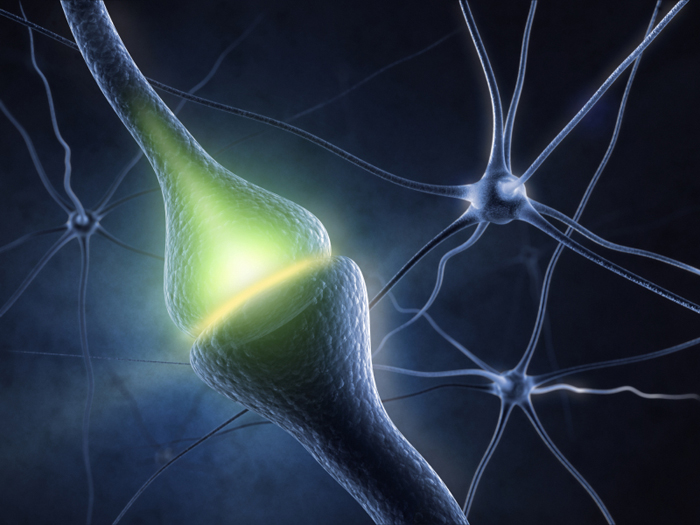The organic chemical known as Acetylcholine is a neurotransmitter that can be used by animals and humans. It is produced by the brain and body and is an integral part of the organ’s chemical structure. Parts of the body that are affected by its effects are referred to ascholinergics. There are two types of substances that decrease or increase the activity of the system: anticholinergics and cholinergics.
Acetylcholine is also referred to as an ester of acetic acid and choline, and it serves as a transmitter of nerve impulses.
This chemical is used by the nervous system to release chemicals that stimulate the development of muscles. Its properties make it incredibly dangerous to take in combination with other drugs. Examples of these include convulsions and paralysis.
This chemical is also used to release chemicals that are beneficial to the development of the autonomic nervous system. It is the main neurotransmitter that is delivered to the parasympathetic nerve system.
Acetylcholine can be stored in the end-ends of cholinergic neurons. When a nerve impulse hits a motor neuron’s terminal, it triggers the release of a chemical known as acetylcholine. This chemical then forms a combination with a receptor molecule found in the postsynaptic membranes of muscles.
The bonding of this chemical to the receptor molecule causes the end-plates of muscles to open, which allows sodium ions to enter the cell. If the number of nerve impulses reaches a certain level, the sodium channels near the end-plate membrane will become fully activated, causing contraction.
What is the main role of acetylcholine?
In the nervous system, the use of this chemical at neuromuscular junctions causes voluntary movements and the firing of motor neurons.
What does acetylcholine do to human behavior?
Acetylcholine plays a role in various cognitive functions, including memory, neuroplasticity, and arousal. It also helps people maintain focus and engage sensory functions during waking.
What happens when acetylcholine increases?
Unfortunately, excessive amounts of this chemical at the synapses and neuromuscular junctions can cause toxicity. Some of the symptoms of this disorder include muscle weakness, blurred vision, and diarrhea.
What happens when acetylcholine is blocked?
The development of myasthenia gravis can be triggered by the immune system’s actions against the receptor molecules of Acetylcholine. Without this chemical, the muscles can’t function normally.
How does acetylcholine make you feel?
Although it can stimulate the muscles to move, Acetylcholine also tells the hippocampus to store memories. This chemical is known to play a role in various cognitive functions, such as memory and alertness.
What is the role of acetylcholine in sleep?
Compared to non-REM sleep, cortical acetylation is more likely to occur during wakefulness, 45, 46, and REM sleep. These findings support the idea that the transmission of cholinergic from the basal forebrain can promote cortical activation during sleep.
Is acetylcholine good for anxiety?
A number of studies suggest that taking supplements of Acetylcholine can help treat various mental health conditions. A study conducted on over 6,000 individuals revealed that those with low blood levels of this chemical were more prone to anxiety.
What foods are high in acetylcholine?
Potatoes.
Legumes (beans, peanuts)
Milk
Chicken breast.
Fish.
Shiitake mushrooms.
Food Sources
Beef, beef liver.
Egg yolks.
How can I increase my acetylcholine naturally?
Choline is an important building block of Acetylcholine, and it can be found in various food sources, such as eggs, fish, and meat. Studies have shown that consuming supplements or foods that contain high levels of this chemical can boost the levels of Acetylcholine in the brain.


Recent Comments